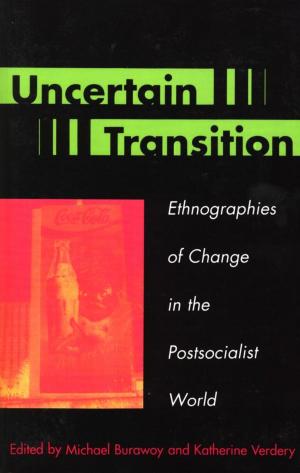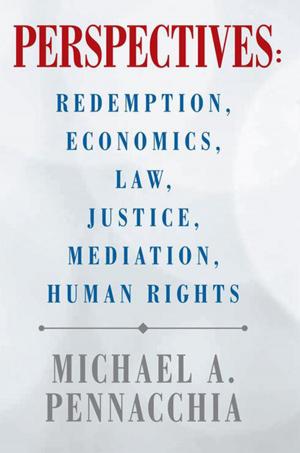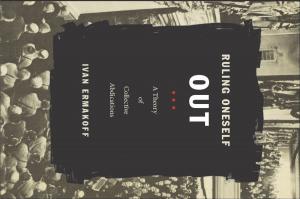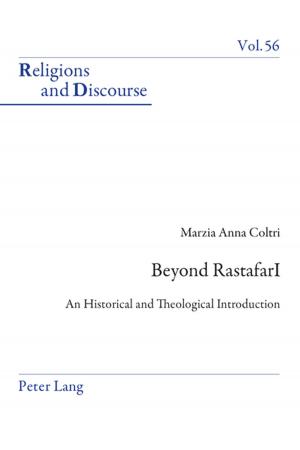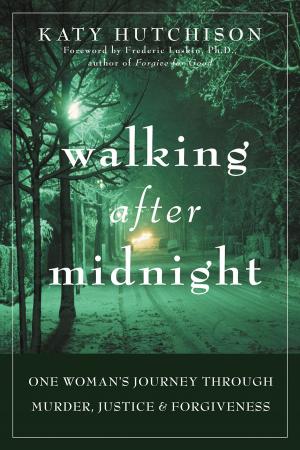That's Entertainment: The Observation Principle from Bentham to Foucault (Oceania)
Nonfiction, Social & Cultural Studies, Political Science, Social Science| Author: | Charlie Canning | ISBN: | 9781301192830 |
| Publisher: | Charlie Canning | Publication: | March 10, 2013 |
| Imprint: | Smashwords Edition | Language: | English |
| Author: | Charlie Canning |
| ISBN: | 9781301192830 |
| Publisher: | Charlie Canning |
| Publication: | March 10, 2013 |
| Imprint: | Smashwords Edition |
| Language: | English |
When George Orwell published his dystopian novel 1984 in 1949, many believed that the totalitarian state that Orwell described couldn’t possibly come into existence by the year 1984. Others thought that it was already manifesting itself on both sides of the Iron Curtain.
Since 1949, we have gone well beyond the nightmare world of Orwell’s 1984. In Orwell’s day (and in the projected time of the narrative), the power to crush an individual was in the hands of the state and Winston Smith clearly knew where the blows were coming from. Now any loose confederation of individuals within a community (be it school, town, city, or global village) can completely destroy a person’s life.
The chief way that the state exercises power in Orwell’s 1984 is through surveillance. In Orwell’s futuristic world, the surveillance work is done by camera, much the same as it is today. But the underlying principle of observation as a form of power is much older than closed-circuit TV.
When George Orwell published his dystopian novel 1984 in 1949, many believed that the totalitarian state that Orwell described couldn’t possibly come into existence by the year 1984. Others thought that it was already manifesting itself on both sides of the Iron Curtain.
Since 1949, we have gone well beyond the nightmare world of Orwell’s 1984. In Orwell’s day (and in the projected time of the narrative), the power to crush an individual was in the hands of the state and Winston Smith clearly knew where the blows were coming from. Now any loose confederation of individuals within a community (be it school, town, city, or global village) can completely destroy a person’s life.
The chief way that the state exercises power in Orwell’s 1984 is through surveillance. In Orwell’s futuristic world, the surveillance work is done by camera, much the same as it is today. But the underlying principle of observation as a form of power is much older than closed-circuit TV.

